The other two, slight air and purging fire,
Are both with thee, wherever I abide;
The first my thought, the other my desire,
These present-absent with swift motion slide.
For when these quicker elements are gone
In tender embassy of love to thee,
My life, being made of four, with two alone
Sinks down to death, oppress’d with melancholy;
Until life’s composition be recured
By those swift messengers return’d from thee,
Who even but now come back again, assured
Of thy fair health, recounting it to me:
This told, I joy; but then no longer glad,
I send them back again and straight grow sad.
This relates to the previous sonnet. He finds that his thoughts and desires are not so much in himself, as with his beloved (hence present-absent.) The four elements of classical (Aristotelean) science were fire, air, earth and water. The Elizabethans had no idea of modern chemical or physical science, with its 100 plus elements. All substances were said to be made up of these four elements, hence when deprived of two of them, air and fire, (the other two) which correspond to thought and desire, the body sinks into melancholy and decay.
He finds himself in a state of continous fluctuation between joy and sorrow, but mostly sorrow, since his thoughts are continuously to-ing and fro-ing between himself and the one he loves.

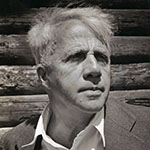





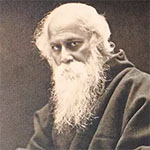
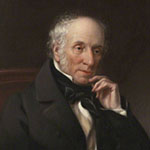
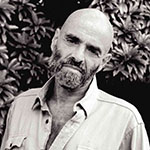
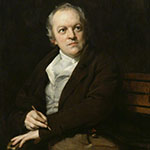
Leave a Reply